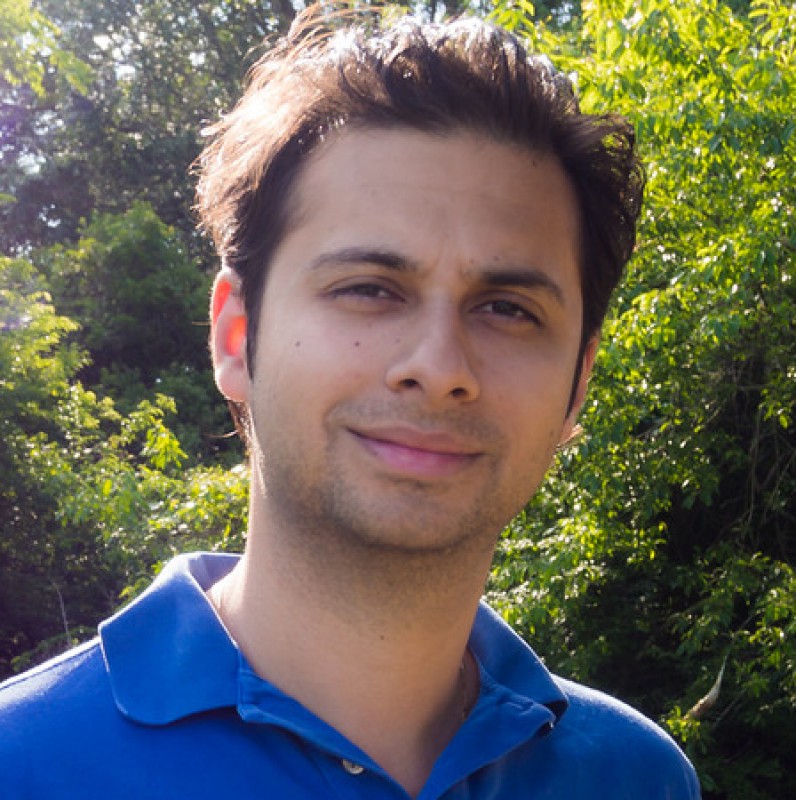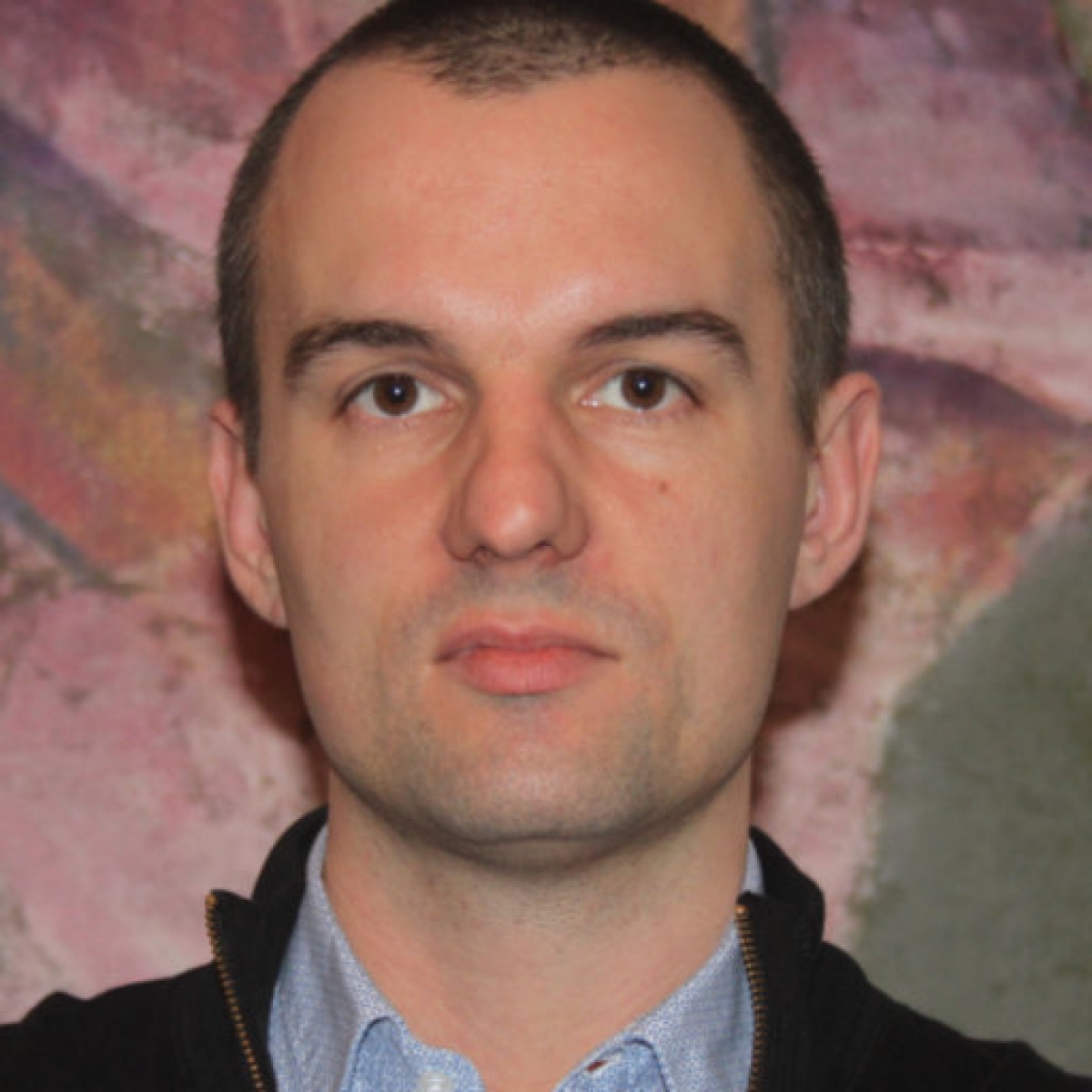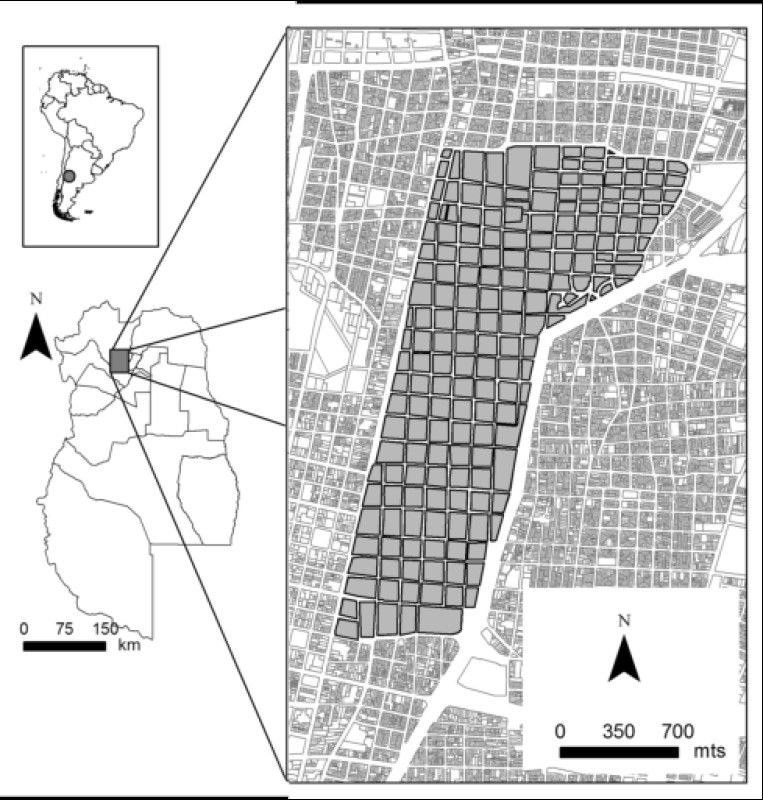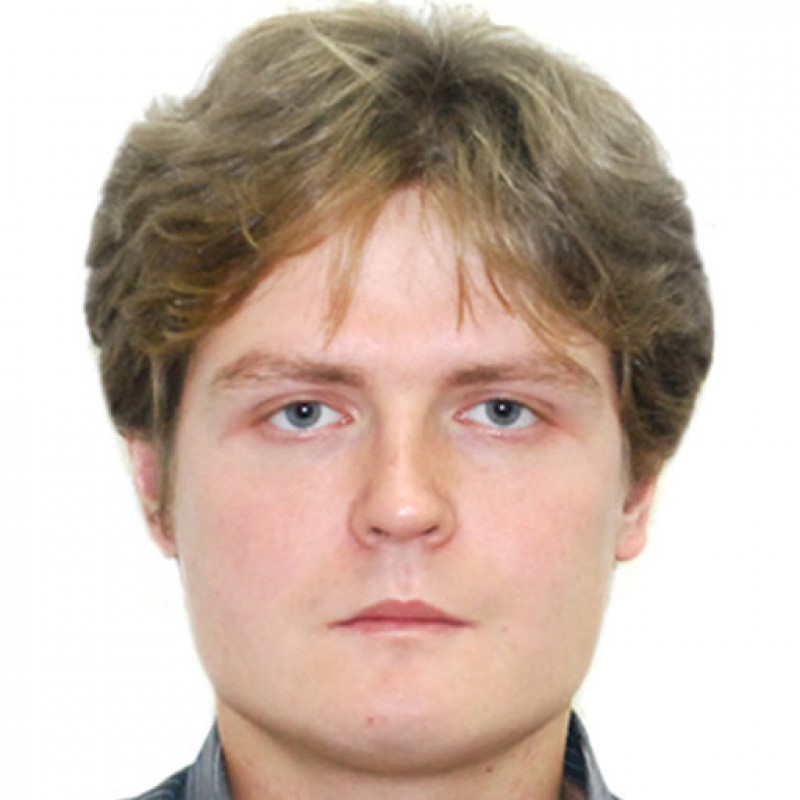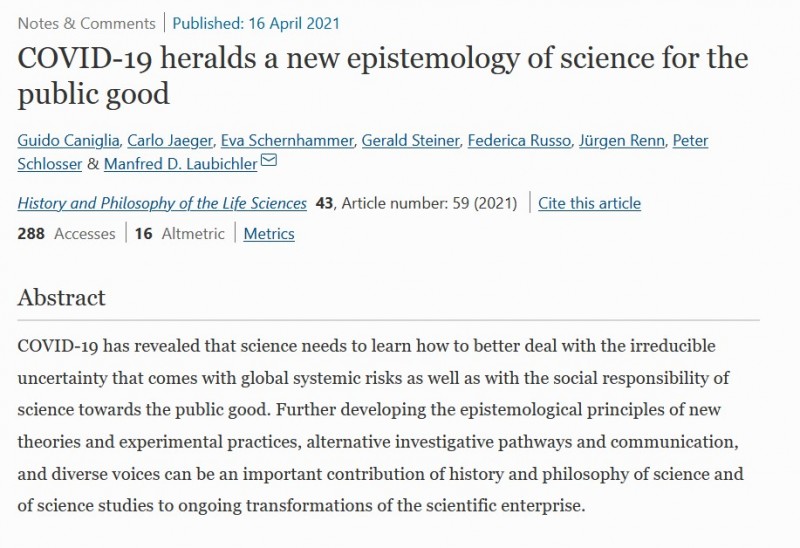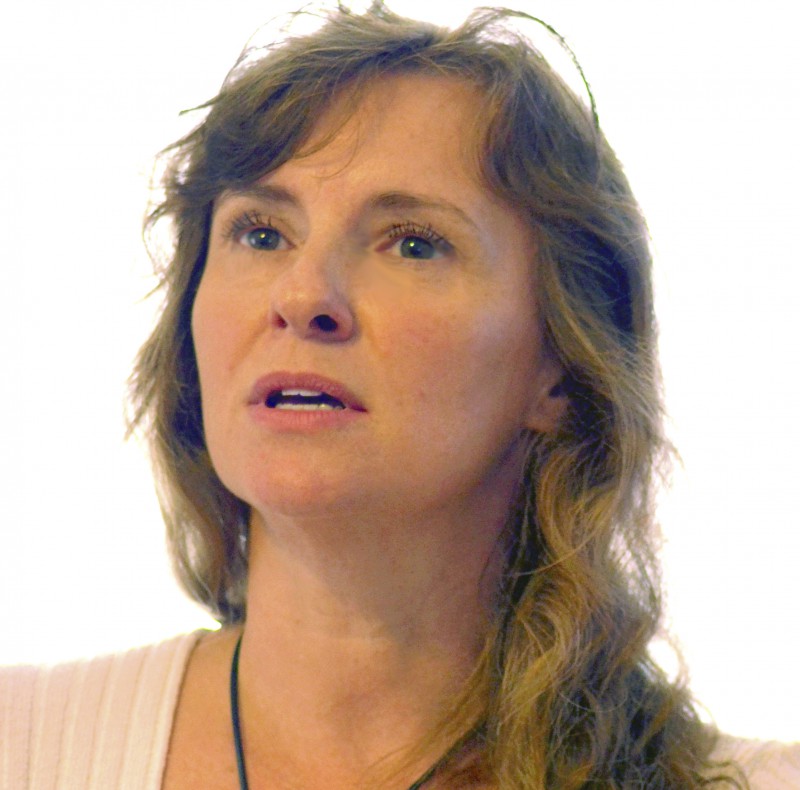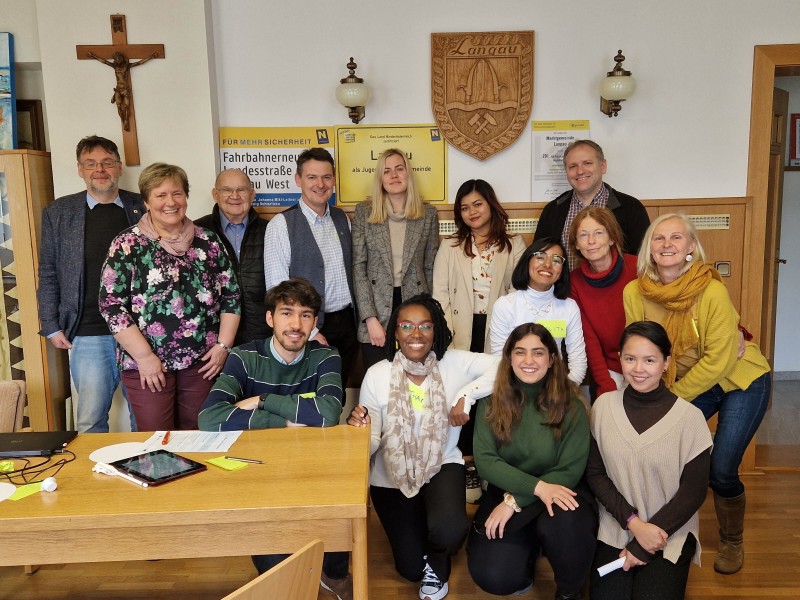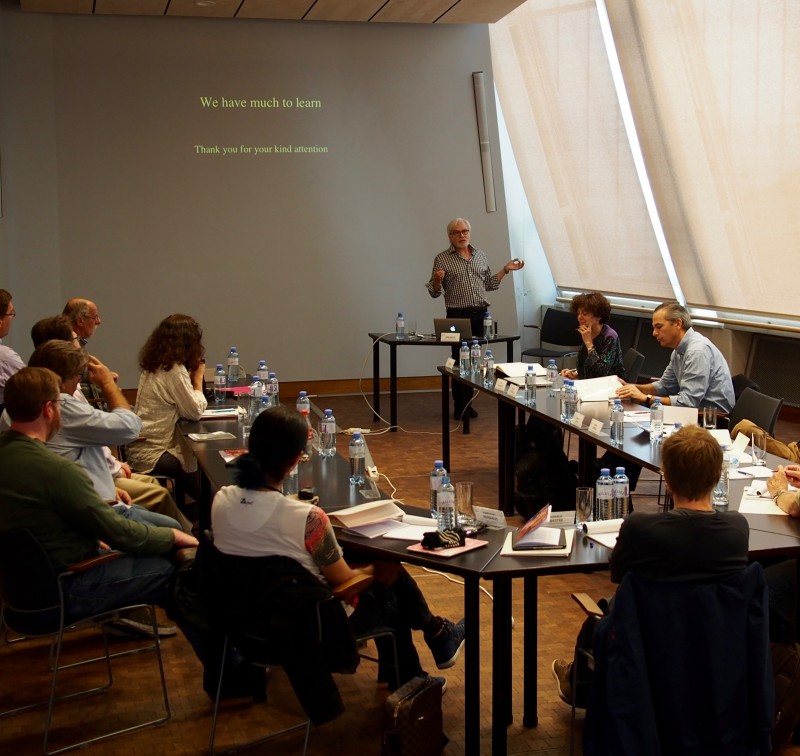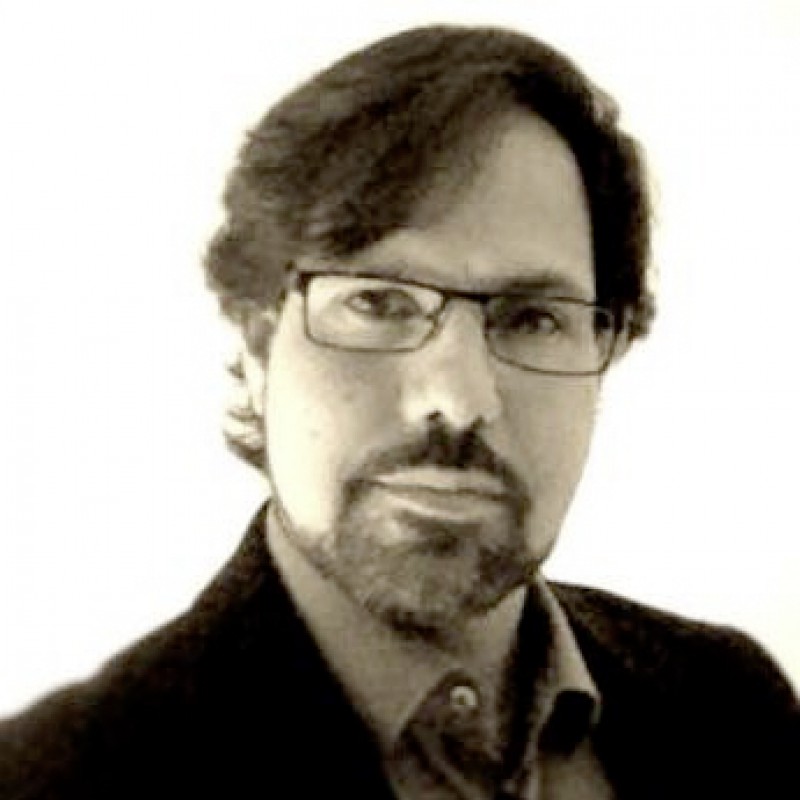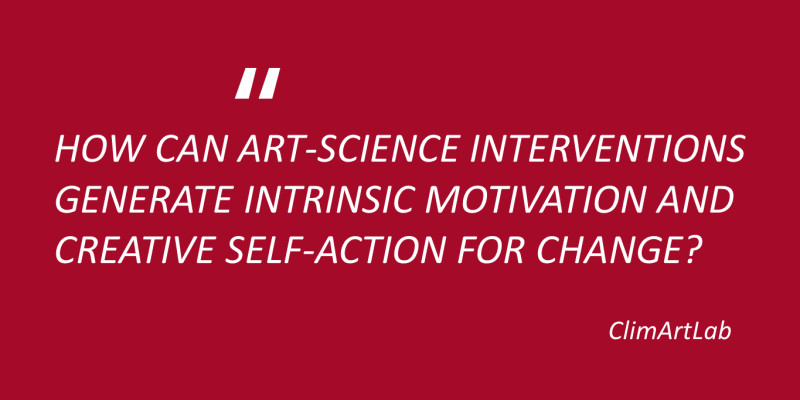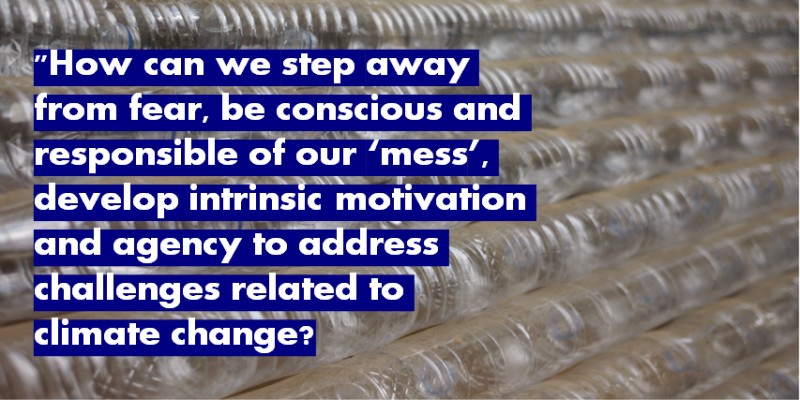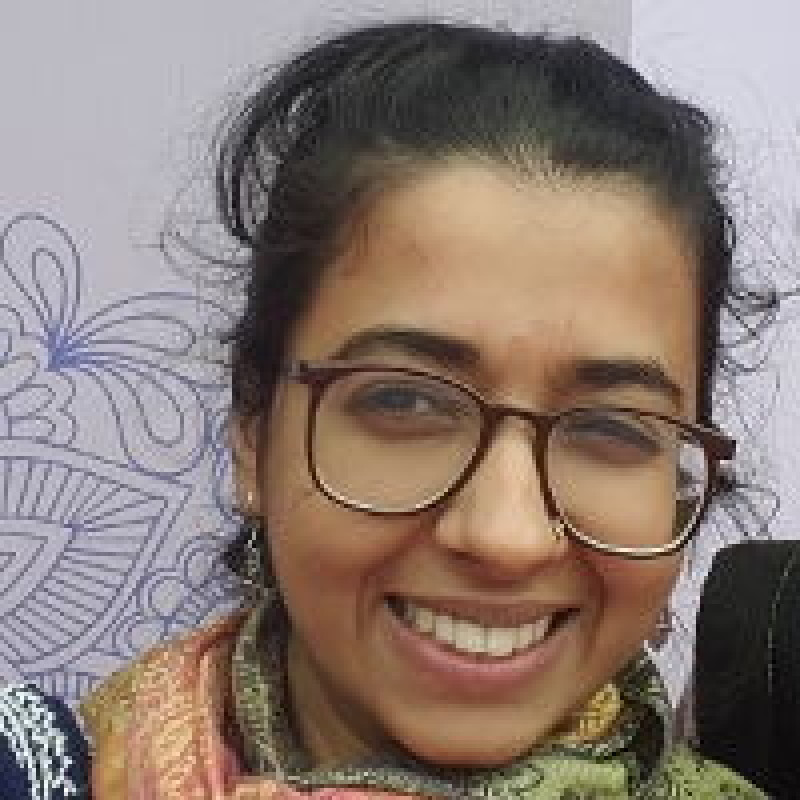News
2018-06-05
Darwin’s Invisible Ink: How Ancestral Developmental Potential Facilitates Convergence and the Evolution of Novelty
KLI Colloquium: Rajendhran RAJAKUMAR (Harvard Medical School), 12 June, 2018, 3.00 pm.
2020-01-13
Cybernetics and the Rise of Molecular Biology: The Case of Jacques Monod
KLI Colloquium: Laurent LOISON (CNRS, Paris), 21 January 2020, 5.00 pm.
2020-11-12
Craniofacial and mandibular variation in colonial populations of the southern Andes during the 16th to 19th centuries
KLI fellow Lumila Menéndez and colleagues find high diversity in the biology, culture, and diet of these populations.
2019-11-12
Craniofacial Adaptation to High Latitudes in Modern and Paleolithic Hominins
KLI Colloquium: Andrej EVTEEV (Lomonosov Moscow State University, Moscow), 19 November, 5.00 pm.
2020-12-03
COVID-19 und andere Pandemien entstehen durch negative menschliche Einflüsse auf die Diversität der gesamten Umwelt
Globaler Diversitätsverlust im biologischen, anthropologischen und geologischen Bereich begünstigt die Entstehung von Zoonosen, fanden KLI Forscher*innen heraus
2021-04-27
COVID-19 heralds a new epistemology of science for the public good
New paper in HPLS calls for change and action in the world of science and research from the privileged position of white academics working in wealthy western scientific institutions
2020-12-02
COVID-19 and other pandemics are the effects of our negative impact on the diversity of the total environment
Loss of diversity in biological, anthropological and geological global spheres enhances the emergence of zoonoses.
2018-10-19
Cornelia Caufmann – Living Structure
Bilder und Fotografien;
Ausstellungsdauer: 5. 10. – 15. 11. 2018;
Artist Walk mit Cornelia Caufmann:
0676 464 52 67 oder 0699 11 4444 85 oder cc@cornelia-caufmann.com
www.cornelia-caufmann.com
2020-04-01
Converging Concepts of Evolutionary Epistemology and Cognitive Biology within a Framework of the Extended Evolutionary Synthesis
VIRTUAL KLI COLLOQUIUM: Isabella Sarto-Jackson (KLI), 14 April, 5.00 pm.
For pre-registered participants only!
2019-07-16
Congratulations to Postdoctoral Fellow Sidney CARLS-DIAMANTE for being awarded the WERNER CALLEBAUT PRIZE
We are proud to announce that KLI Postdoctoral Fellow Sidney Carls-Diamante was awarded the WERNER CALLEBAUT PRIZE 2019 by the ISHPSSB committee for her publication "Make Up Your Mind: Octopus Cognition and Hybrid Explanation" published in Synthese.
2023-09-24
Conferences: Travelling ideas
The KLI fellows and team travelled to lots of conferences this summer, sharing insights from their research and discussing promising new endeavours with the international community.
2023-05-17
Conference Report: Transdisciplinary Stakeholder Conference on Resilient Livable Communities
Marina Knickel participated as a scientific expert in the Transdisciplinary Stakeholder Conference on Resilient Livable Communities. In the municipality of Langau, practitioners and scientists came together to discuss complex challenges for the community.
2023-08-07
Complexity literacy for sustainable digital transformation
A new book chapter co-authored by Guido Caniglia argues for systems thinking, complexity literacy and transdisciplinary methodology for sustainability education.
2019-03-04
Commemorative publication in honor of Alessandro MINELLI (University of Padova and KLI)
Perspectives on Evolutionary and Developmental Biology
Essays for Alessandro Minelli
edited by Giuseppe Fusco
2024-01-02
Collaboration and knowledge co-production: Guido Caniglia visits the Centre for Sustainability Transitions
The Centre for Sustainability Transitions (CST) in Stellenbosch, South Africa, interviewed Guido Caniglia on sustainability challenges.
2023-10-23
Cognitive Science Students Visit the KLI Theory Lab
Visit to the KLI Theory Lab – 25 Oct, 2.00 – 5.00 pm
2017-09-06
Cognitive Cultural Dynamics
What is culture and how does it evolve? Harold de Vladar (Parmenides Foundation) approaches this timely topic in an interdisciplinary manner and will discuss his insights at the upcoming KLI Colloquium.
2021-04-29
ClimArtLab Virtual Exhibition
Take part in experimental Zoom sessions to co-develop new ways of understanding climate change. Bring along a needle, thread, and curiosity. Registration now open.
2021-03-05
ClimArtLab Project: Evolving Futures by Owning our Mess
KLI Scientific Director Guido Caniglia and Dominika Glogowski at artEC/Oindustry kicked off the project with a keynote presentation and a zoom-and-greet.
2023-10-10
Challenges Towards a Truly Inclusive Research Culture: Realisations from a Feminist Science Media Project in India
Aashima DOGRA (independent science communicator), 2023-10-19 15:00 (CET). To join our colloquium please register with Zoom


